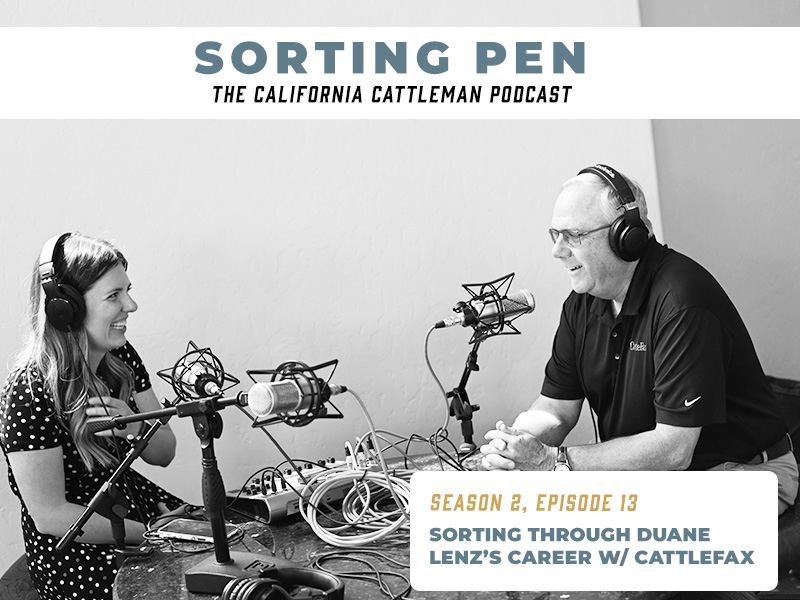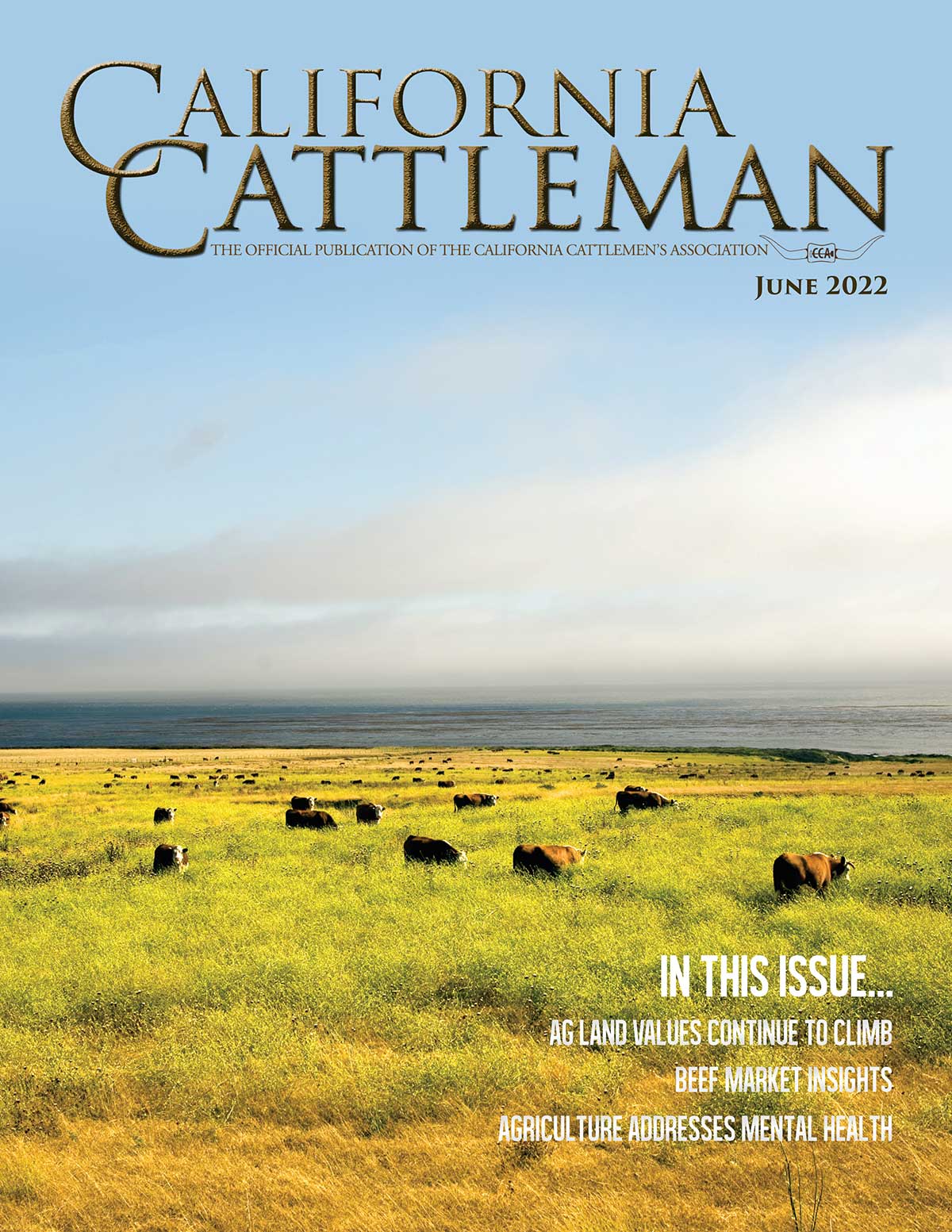
LEGISLATIVE BULLETIN
June 27, 2022
To read the full version each week, please subscribe below.
Lawmakers Announce Agreement on Budget Framework
Last night, Governor Gavin Newsom, Senate President pro Tempore Toni Atkins and Assembly Speaker Anthony Rendon announced that the Administration and Legislature have come to an agreement on a budget framework. (While a Budget Bill was passed June 13, as previously reported in Legislative Bulletin, the budget will continue to take shape via amendments in a “budget bill junior” and via policy implementing the budget contained in “budget trailer bills.”)
The major centerpiece of the agreement is a $17 billion inflation relief package. The package will provide tax refunds to roughly 23 million Californians making under $250,000 per year, will be calculated based on taxpayers’ income level and number of dependents and will be capped at $1,050. The agreement also includes a suspension of the state sales tax on diesel fuel.
It is not yet clear how the budget agreement will shape spending on climate change and energy priorities, including wildfire prevention, forest resilience and drought resilience. While Governor Newsom’s May Revise had detailed proposed allocations for those priorities, legislative leaders merely floated an investment of $21 billion into a “Climate-Energy Budget Plan…with details subject to ongoing negotiations.”
Last night’s press release announcing the budget agreement merely states that “California is doubling down in our response to the climate crisis – securing additional power-generating capacity for the summer, accelerating our clean energy future, expanding our ability to prepare for and respond to severe wildfires, extreme heat, and the continuing drought conditions that lie ahead.”
CCA will continue to keep members updated and informed as the Budget continues to take shape in the days and weeks ahead in the form of budget trailer bills and a budget bill junior.
USFWS Rescinds Regulatory Definition of “Habitat”
On Friday, the US Fish and Wildlife Service and the National Oceanic and Atmospheric Administration issued a final rule rescinding a Trump Administration regulation which had defined the term “habitat” under the Endangered Species Act (ESA).
The Trump Administration rule, which went into effect on January 15, 2021, had defined “habitat” for the limited purpose of designating critical habitat for threatened and endangered species, and was responsive to a 2018 Supreme Court decision, Weyerhaeuser v. USFWS, in which the Court held that land must logically be habitable by a species to be designated “critical habitat” for that species. To that end, the prior rule – which was supported by CCA – had defined “habitat” as “the abiotic and biotic setting that currently or periodically contains the resources and conditions necessary to support one or more life processes of a species.”
The rule is one of several ESA changes the Biden Administration is likely to consider this year. Separately, the Administration is considering a separate rulemaking under Section 10(j) of the ESA which would allow the agency to reintroduce “experimental populations” of threatened and endangered species. CCA and our national partner, the Public Lands Council, will be submitting comments on the experimental populations rulemaking, and will continue to keep members apprised of any other significant developments relating to the Endangered Species Act,
SWRCB Issues Updates on Water Rights Curtailments
On Friday, the State Water Resources Control Board (SWRCB) updated the curtailment suspension status of certain water rights within the Scott River watershed. Curtailment suspensions will be extended through this Friday, July 1, so long as minimum flows are met at the US Geological Survey’s Fort Jones gauge (minimum flow rates through the remainder of June are 90 cubic feet per second (cfs) and 50 cfs beginning July 1). Water rightsholders within the Scott River and Shasta River regions are encouraged to sign up for curtailment updates here.
In addition, on Tuesday, the SWRCB announced it has again imposed curtailments on certain water rights within the Sacramento-San Joaquin Delta watershed, in place effective June 22 with ongoing evaluation.
The Sacramento River tributary water rights curtailed include appropriative water rights within the Bear River subwatershed with a priority date of 1942 or later and for the Putah Creek subwatershed with a priority date of 1945 or later.
San Joaquin River tributary curtailments include all appropriative water rights and riparian water rights in the Calaveras River subwatershed and Chowchilla River subwatershed, and all appropriative water rights on the Merced River subwatershed with a priority date of 1859 or later. Finally, all appropriative water rights within the San Joaquin River watershed with a priority date of 1900 or later have been curtailed.
Water rights within the Legal Delta are not impacted by the above curtailments. These curtailments are expected to continue through summer and the beginning of fall. You can find more information on the Sacramento-San Joaquin Delta watershed webpage.
For questions about curtailment and suspension notices or how to comply, please contact the Rancher Technical Assistance Program at (916) 409-6902 or rtap@wrstrat.com.
CCA Joins NCBA in Fighting Onerous SEC Climate Rule
On June 17, CCA joined the National Cattlemen’s Beef Association in submitting comments on the Securities and Exchange Commission’s (SEC) greenhouse gas disclosure rule. The rule would require publicly traded companies to disclose greenhouse gas emissions from their entire supply chain. For large companies like retailers, packers, and restaurants, this rule could force cattle producers to calculate their farm or ranch-level emissions, while exposing them to legal liability. The comments call for the SEC to limit this vastly overreaching rule and stick to regulating Wall Street, not main street. For additional details, see the May 23 edition of Legislative Bulletin.
Upcoming Industry Events
Working Rangelands Wednesdays Webinars
June 29 – Sept. 7, Virtually
Join UC Cooperative Extension advisors, specialists, researchers and ranchers for a biweekly summer webinar series highlighting applied, land manager-oriented solutions for rangeland drought challenges. Webinars will air biweekly from 6pm to 6:45pm. Click here to register and receive a link to the following scheduled webinars.
June 29: FSA drought programs
July 13: Planning for drought
July 27: Early weaning
August 10: Culling vs. Feeding
August 24: Irrigating with limited water
September 7: Fall/Winter Forecast and Remote Sensing
CCA in the News
Bipartisan Coalition Leads Effort to Save America’s Iconic Sequoias House Committee on Natural Resources Ranking Member Bruce Westerman “Today, House Committee on Natural Resources Ranking Member Bruce Westerman (R-Ark.) joined House Republican Leader Kevin McCarthy (R-Calif.), U.S. Reps. Scott Peters (D-Calif.), Jim Costa (D-Calif.), David Valadao (R-Calif.), Jimmy Panetta (D-Calif.), Tom McClintock (R-Calif.) and 23 other members in introducing H.R. 8168, the Save Our Sequoias (SOS) Act.” To continue reading, click here. [Note: CCA is listed among the organizations in support of the SOS Act.]
County to consider agricultural exceptions from future wildfire evacuations Northern California Public Media “When wildfires devastated California in 2020, scorching fields and leaving livestock abandoned to their fate, lawmakers moved to enact an agricultural pass program. According to Kirk Wilbur, director of governmental affairs at the California Cattlemen’s Association, the law was intended to let ranchers care for surviving animals more quickly in emergencies.” To continue reading, click here.
Industry News
Cal Fire Fumbles Key Responsibilities to Prevent Catastrophic Wildfires Despite Historic Budget KQED “Cal Fire has publicly signaled a commitment to rebalancing its priorities. But a monthslong investigation by The California Newsroom, a public media collaboration, found that the department continues to fumble key responsibilities related to forest management and wildfire mitigation, potentially leaving the state at greater risk of catastrophic fires.” To continue reading, click here.
Biden signs off on hefty pay raise for federal firefighters Associated Press News “President Joe Biden has signed off on giving federal wildland firefighters a hefty raise for the next two fiscal years, a move that affects more than 16,000 firefighters and comes as much of the West braces for a difficult wildfire season.” To continue reading, click here.
EPA’s WOTUS overhaul will trail Supreme Court ruling GreenWire “The Supreme Court will decide the fate of the nation’s most contentious Clean Water Act rule before EPA releases regulations on the matter, according to a new regulatory blueprint released yesterday.” To continue reading, click here.
This year’s Midyear Meeting marked the final CCA event for CattleFax’s Duane Lenz, as Duane is soon retiring. In the episode, Duane shares about his 33 year career with CattleFax. Katie and Duane also discuss a few of the issues touched on in the outlook given at Midyear. Click here to listen.



